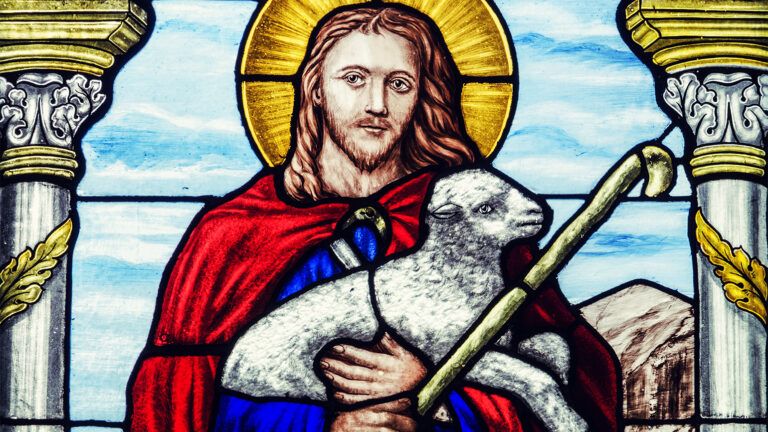Father, forgive them; for they know not what they do…—Luke 23:24
My Sunday school class of fifth- and sixth-graders was studying the Last Supper and Christ’s betrayal. I wanted them to think about the disciple Judas and what his motives might have been. I wanted them to look more closely at what had happened those last few days of Christ’s life. Maybe a bit of role-playing would help.
“Here’s the assignment,” I said. “Each of you should imagine you’re Judas. You’re standing before God in heaven after the Crucifixion. What can you say for yourself? How can you justify the terrible thing you’ve done?” “Who’s going to play God?” one student asked.
“Me,” I said, “at least for this exercise.”
They came up with some interesting and rather sophisticated arguments. The Crucifixion wasn’t really Judas’ fault, said one boy. Judas only betrayed Christ at Jesus’ urging, claimed another. After all, it was Jesus Who said, “Do what you must do.” One girl went so far as to say that if Judas hadn’t done what he’d done, there might not have been a Resurrection at all.
Still, none of the arguments moved me. Then one of the youngest boys in the class looked up a little sheepishly at me. “I’m really sorry,” he said. “What for?” I asked.
“That’s what Judas should say. ‘I’m really sorry. I had no idea what I was doing. Please forgive me. I would never have done it if I’d really understood Who He was.’”
I’m not God. I don’t know how His conversation with Judas went. But as a Sunday school teacher I learned a lot that day. Arguments are compelling, but nothing is quite as powerful as asking for forgiveness.
I am sorry, Lord, and I repent for all the wrongs I’ve committed.







